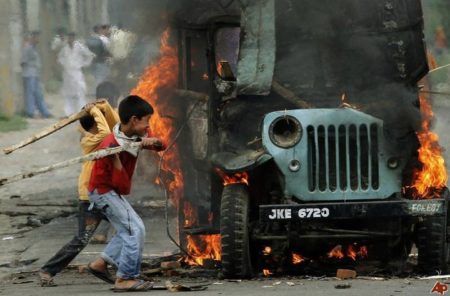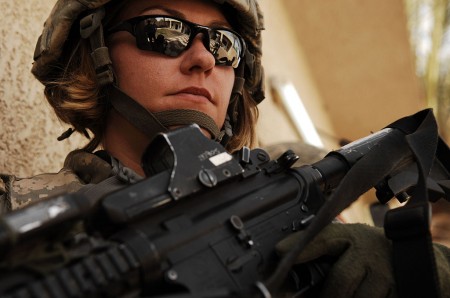
This article was originally published by War is Boring on 24 November 2016.
The best defense is a good offense — or is it? The answer to this question, along with an understanding of the stronger form of warfare, is the single most important consideration in U.S. space strategy and funding major space programs.
Satellites and other spacecraft have always been vulnerable targets for America’s adversaries. Today, attacking U.S. on-orbit capabilities offers the potential to cripple U.S. conventional power projection and impose significant costs, whether in dollars, lives or political capital.
Many strategists and policymakers have concluded that because space-based systems are seen as exposed to attack — with little way to defend them — that the offense is the stronger form of warfare in space. This conclusion is incorrect and has led to an underdeveloped U.S. space strategy.
Time-tested theory and principles of war underscore that the defense is the stronger form of warfare in space.




